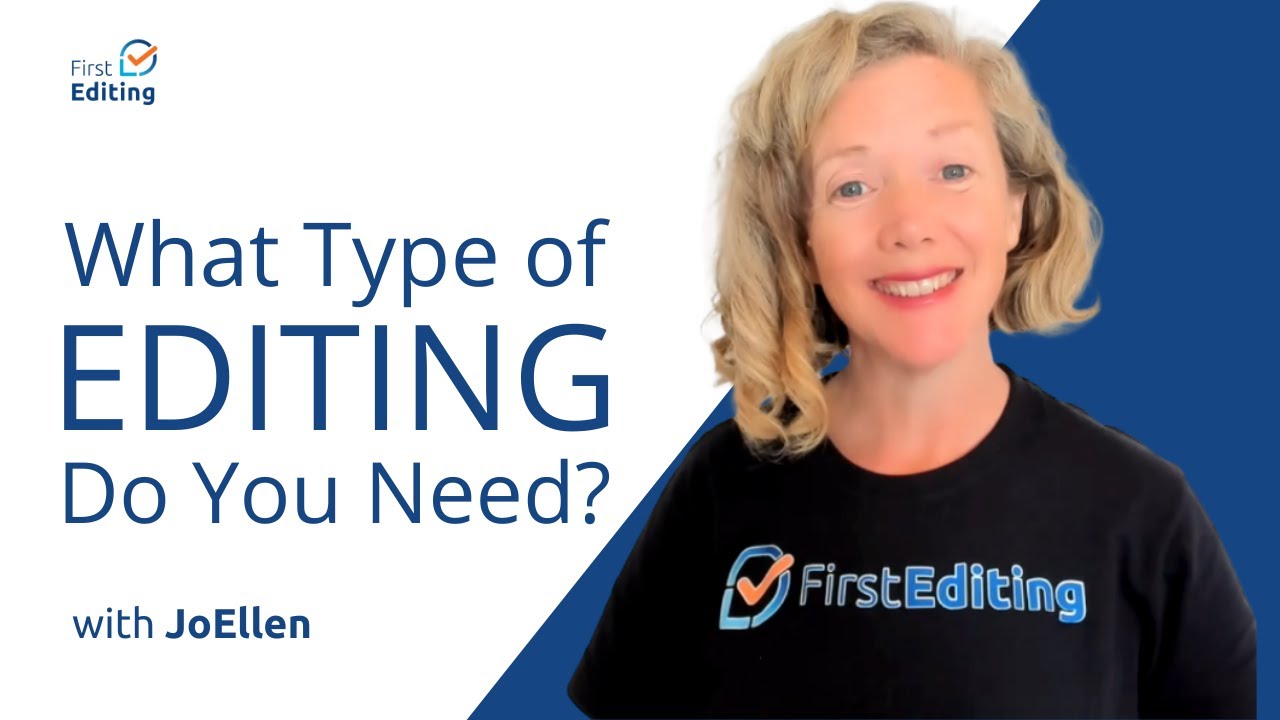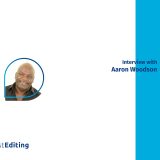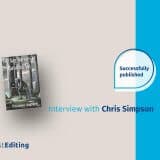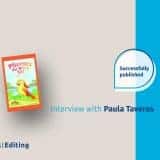
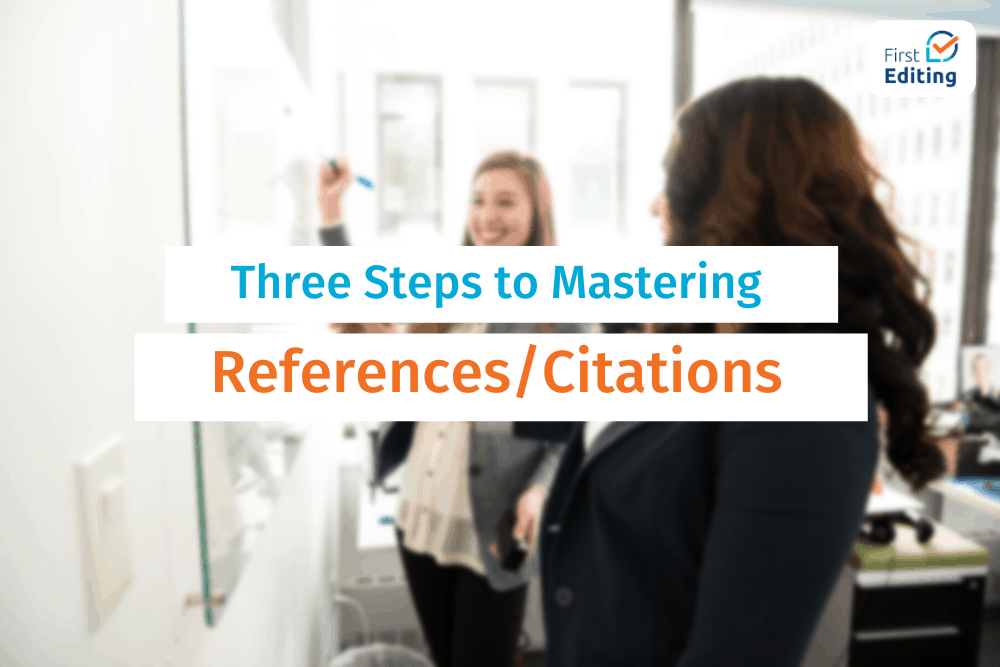
Summary: The following article details steps to mastering references or citations. Specifically, it reveals three ways of ensuring that the references and citations in your research paper, thesis, or dissertation are complete and accurately formatted. First of all, know your genre. Secondly, make sure you use the appropriate style guide or manual. Finally, consider having professional editors look over your finished document.
So, you’ve poured your heart and soul into your undergraduate or graduate thesis or dissertation. You’re pretty sure your ideas are solid and that you will impress everyone with your knowledge and acumen on the subject. You’ve analysed every paragraph and sentence in detail and are pretty happy with the flow of the text. However, you aren’t 100 percent sure of the formatting of your references and citations. Before you submit your final draft to your thesis/dissertation advisor, check out the following three guidelines to make sure your paper is spot on.
First of all, make sure you know the genre of the paper you are presenting. For example, if you have completed a paper in psychology, education, or the social sciences, ensure that you are following APA style. If you have written a paper in literature, the arts, or the humanities, ensure that you follow MLA style and formatting specifications. If your thesis or dissertation is on medicine, health, or the biological sciences, you should be following AMA guidelines. On the other hand, if you have written a general undergraduate paper, you will probably be safe following the basic rules of Turabian style.
Secondly, make sure you are following the guidelines set forth by the appropriate style guide or manual. For example, pick up a copy of the Publication Manual of the American Psychological Association if you are using APA style. Likewise, make sure you have the MLA Style Manual and Guide to Scholarly Publishing if you are following MLA. For AMA, grab the latest edition of the AMA Manual of Style, and for Turabian, have A Manual for Writers of Research Papers, Theses, and Dissertations handy. Don’t forget to use the latest edition, as there can be significant changes to formatting and style that could force you to have to go back and do significant editing that will eat up a lot of your time.
On the subject of editing, consider enlisting the help of professional editors to ensure that you haven’t missed anything. Editing technical documents can be a daunting task, especially if you are so deep into your thesis or dissertation that you can’t see the forest for the trees. Companies such as FirstEditing.com provide professional dissertation editing services that can take your thesis or dissertation from good to great or from excellent to perfect. Not only will a professional thesis editor make sure you’ve adhered to the guidelines set forth by your respective style guide, but he/she will also look at things such as grammar, flow, and topic development to make sure that your paper is the best that it can be.
So remember— know your genre, use the appropriate style guide or manual, and consider enlisting the help of a professional editor. In this way, you will be sure to receive the credit you deserve for all of your hard work. Good luck and happy referencing!





